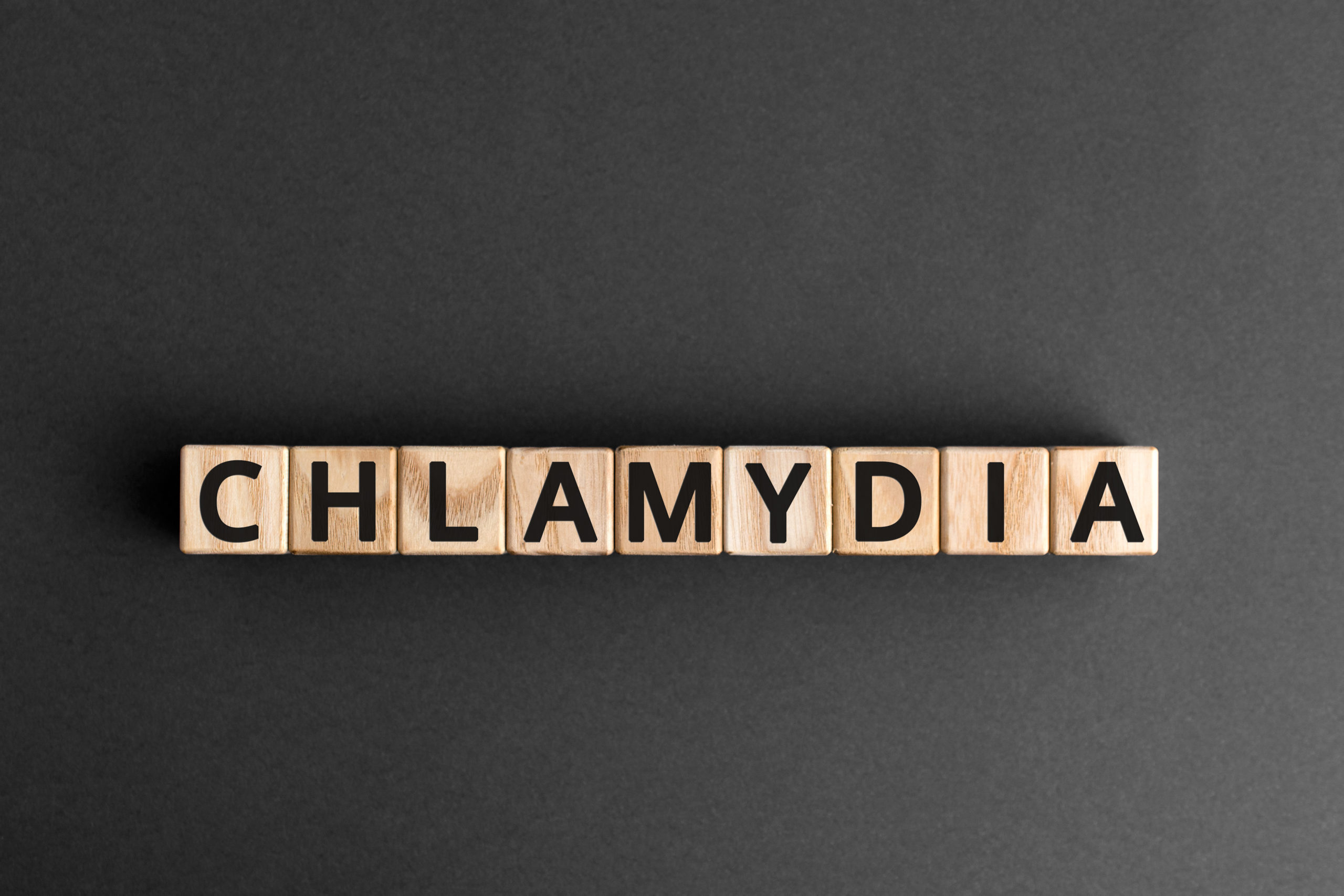
STD Awareness Month: What You Need to Know About Chlamydia and Gonorrhea
This post provides information regarding two of the most common sexually transmitted infections (STIs) present today: Chlamydia and Gonorrhea.
Imagine this: You’re scrolling through your phone and you see a text pop up that makes your heart drop. It’s your ex, and you’re told you need to get tested because your ex has Chlamydia. Your head starts swimming with emotions and questions: How could he or she do this to me? Am I going to be okay? Where do I go from here?
While the above scenario may not describe your exact experience, we know that you may have questions without knowing who to ask.
The Facts
Chlamydia and gonorrhea are both bacterial infections that are transmitted through sexual contact. This can be any form of sexual contact, whether vaginal, anal, or oral sex. These infections can also be passed to a baby during childbirth if the mother has an active infection.
Chlamydia and gonorrhea are very common STIs. According to the Center for Disease Control (CDC), about 1 out of every 20 sexual active women between the ages 14-24 has chlamydia. Additionally, over 1 million new gonorrhea cases are estimated to occur in the United States each year (CDC, 2016). In Minnesota the rates continue to rise for both STDs with a record number of cases in 2019.
One of the concerning aspects of both chlamydia and gonorrhea is that often times, men and women don’t experience symptoms. If symptoms do occur, they may include burning with urination or discharge from the site of infection. If left untreated, these infections can cause serious complications.
Treatment
If you do test positive for chlamydia or gonorrhea, you will need to receive antibiotics for treatment. Chlamydia is treated with a one-time dose of an oral antibiotic. Gonorrhea has become resistant to some antibiotics and therefore requires two different antibiotics for treatment. This includes pills and an injection. You will also need to notify any current and past partners that may have come in contact with the infection so they can be tested and treated.
You may think, “Since these infections are easily treated with antibiotics, it’s not a big deal if I test positive!” While it is true that these infections are treatable, there can be serious long term consequences, especially with repeated infections or having an infection that goes untreated for a long time. Some of these complications include pelvic inflammatory disease, scarring in the fallopian tubes leading to infertility, ectopic pregnancy (a medical emergency where an embryo implants outside of the uterus), and long term pelvic pain. (CDC, 2016).
Prevention
So how can chlamydia, gonorrhea, and other STIs be prevented? According to the CDC, the best way to prevent contracting an STI is to “abstain from vaginal, anal, and oral sex, or to be in a long-term mutually monogamous relationship with a partner who has been tested and is known to be uninfected” (CDC, 2016). We also understand that in some situations, contracting an STI was not something that could be prevented, like in instances of unwanted sexual contact.
Testing
If you are concerned about a potential STI, we are here to help. First Care has a safe and confidential environment for you to process your unique situation and receive accurate testing with licensed staff. Testing and treatment are provided at no cost at our centers (no insurance required either)
Schedule an Appointment
Call one of our locations to schedule an appointment or schedule online at any time.
All data retrieved from the CDC website:
Related Posts
What Will Happen at my STD Appointment?
Being tested for STDs is an important and healthy practice for anyone who is...
STD Awareness Month: What You Need to Know About Chlamydia and Gonorrhea
This post provides information regarding two of the most common sexually...


